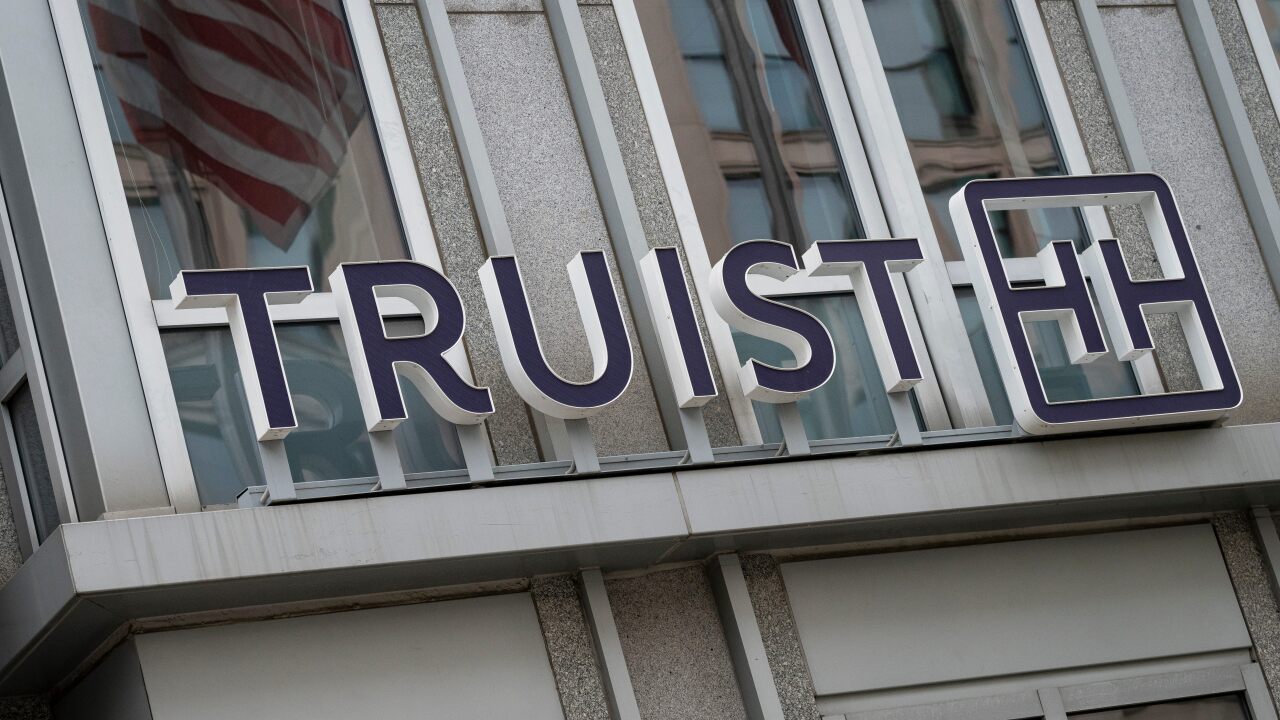BankAmerica Corp. said Tuesday it will sell its $1.8 billion-asset savings bank in Hawaii to Hawaiian Electric Industries Inc.
Hawaiian Electric, a utility, plans to consolidate the BankAmerica unit into its thrift subsidiary, the $3.6 billion-asset American Savings Bank of Honolulu.
It agreed to pay a 7% premium over core deposits, according to an American Savings spokeswoman. Core deposits stand at about $1.4 billion.
The price in the definitive agreement is subject to change, however, given that some of those deposits would be excluded from the final transaction. The deal is expected to close by the end of the third quarter, pending approval by shareholders and regulators.
The transaction represents a retreat by BankAmerica from a market that has been disappointing at best since the San Francisco company purchased Honolulu-based H.F. Holdings Inc., the parent of Honfed Bank, five years ago.
"It has been a presence that they've had difficulty growing from the start, and the sluggish Hawaiian economy hasn't helped," said Joseph K. Morford, analyst with Alex. Brown & Sons Inc., San Francisco.
The sale, rumored for months in the Hawaiian press, is indicative of BankAmerica's willingness to pull out of a market or business line that it feels has no prospects for profitable growth, analysts said.
In other such moves, BankAmerica sold 68 branches in Texas last year, closed 120 California branches, and has put its consumer finance unit up for sale.
"This is consistent with what BofA has been doing," said Thomas D. McCandless, an analyst with Natwest Markets. "That is to review business operations, and those that are unable to meet hurdle rates, you either grow them or divest them."
BankAmerica is not getting out of Hawaii entirely. It retains a mortgage division there, along with merchant services, community development, foreign currency services, credit cards, and small-business lending.
But selling its 39-branch retail operation is a clear indication that BofA is no longer committed to the state's core banking market.
BankAmerica expanded its retail business into Hawaii in 1992, during a period that saw the banking company more than double in size. The San Francisco bank entered Hawaii through its Portland, Ore.-based thrift subsidiary.
It added assets in 1994 with the acquisition of Liberty Bank.
Despite these deals, the Hawaii assets shrunk from $2.8 billion in 1992 to $1.8 billion, analysts said.
In addition to facing formidable competition from the state's Big Two banking companies, Bancorp Hawaii and First Hawaiian Inc., BofA had other stumbles.
Shortly after it entered the state, for example, the thrift foreclosed on property belonging to the chairman of Honolulu's city council, bringing a heap of negative publicity, according to an official from a Hawaiian bank.
"That was the single most public incident," said the banker, who requested anonymity. "It got them off on the wrong foot. Plus there was a perception that everything was being done from the mainland, and that they didn't really have a local presence."
BofA Hawaii also just recently settled a drawn-out lawsuit with the state government over annuities sold through the thrift before BofA bought it.
In an interview last week during BofA's annual meeting in Los Angeles, chairman and chief executive officer David A. Coulter acknowledged that "Hawaii has obviously been a problem."
"It has been underperforming, and our concerns are being looked at," Mr. Coulter added.
The acquisition would bring American Savings to $5.4 billion of assets, still well behind the $13.9 billion Bancorp Hawaii and $8.1 billion First Hawaiian.
"It's significant that they are pulling out just as interstate branching is about to commence," said Raymond Muraoka, executive vice president of the Hawaii Bankers Association. "But what effect that will have on the banking community I wouldn't want to speculate."





